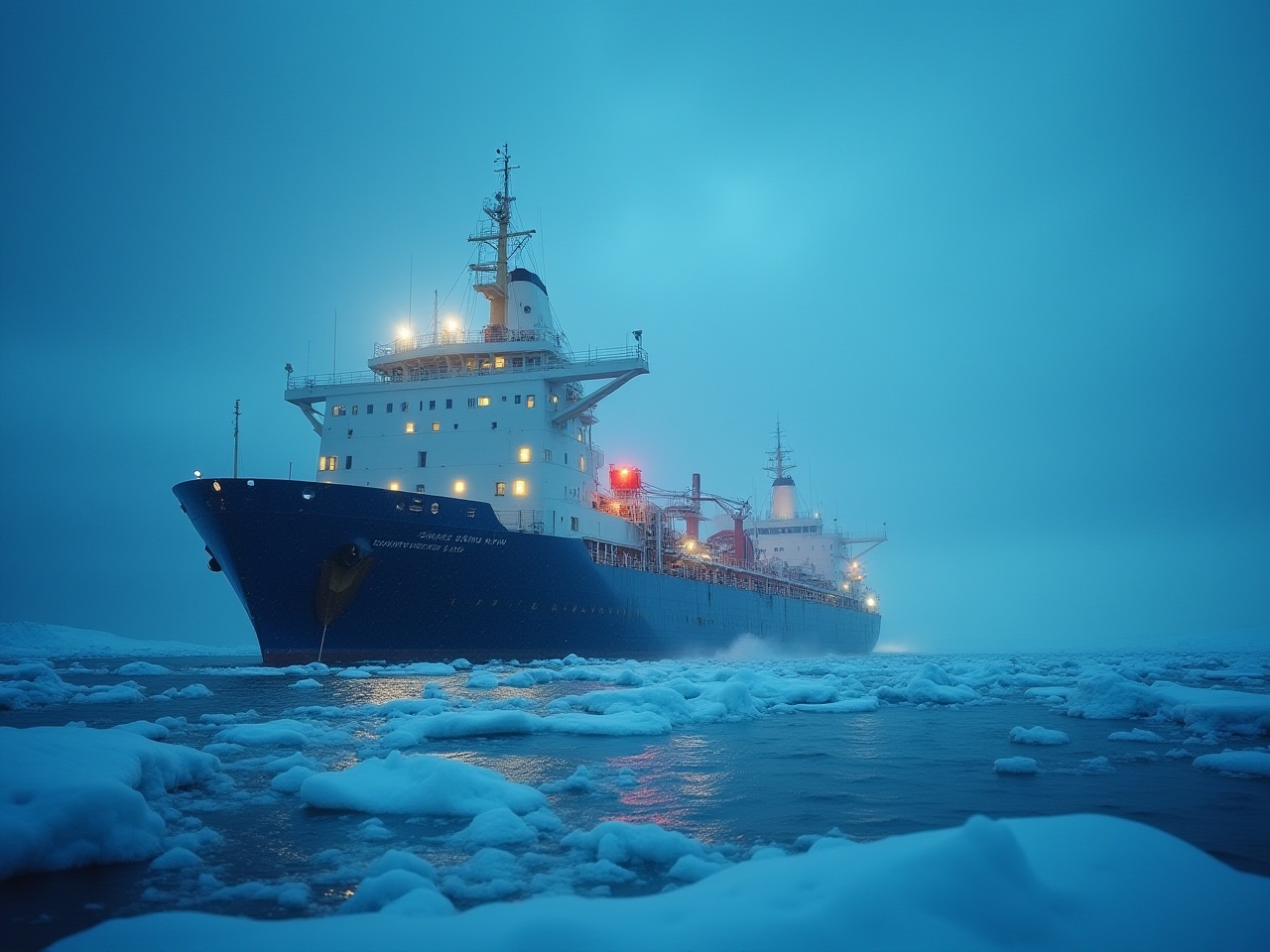L'utilisation du gaz naturel liquéfié (GNL) dans l'industrie maritime gagne du terrain en raison de son potentiel pour améliorer la qualité de l'air et renforcer les perspectives économiques. Cet article examine les différents avantages associés au GNL, en soulignant son importance pour la santé publique et l'environnement.
Le cas du GNL dans le transport maritime
La compréhension et le soutien du public concernant l'application du GNL dans le secteur maritime sont impératifs. Les défenseurs soutiennent qu'il offre une opportunité stratégique pour des régions comme Saint-Martin de moderniser non seulement leurs cadres économiques, mais aussi de protéger les habitants contre la pollution atmosphérique, une préoccupation cruciale pour toute communauté côtière.
Avantages environnementaux et pour la santé
LNG est salué pour son potentiel à réduire considérablement les émissions nocives. Comparé au diesel marin traditionnel, le GNL offre des réductions remarquables de divers polluants :
| Type d'émission | Pourcentage de réduction |
|---|---|
| Sulfur Gases | 99% |
| Oxyde d'azote | 85% |
| Pollution par les suies et les particules | 95% |
De telles réductions ont des implications importantes, en particulier pour les zones côtières telles que Point Blanche et Cay Bay, où la densité de population est élevée. Un air plus propre contribue à améliorer la santé publique, en réduisant le nombre de problèmes respiratoires, notamment chez les groupes vulnérables tels que les enfants et les personnes âgées.
Addressing Common Misconceptions
Malgré ses avantages, le GNL n'est pas sans défis. Une préoccupation majeure concerne le « fuite de méthane » – la libération involontaire de méthane lors de l'utilisation du gaz naturel. Reconnaissant cela, il est crucial de noter que les progrès technologiques visent à atténuer efficacement ces émissions.
Par exemple, malgré des mesures antérieures indiquant des taux de fuite de méthane d'environ 3,8%, les nouveaux modèles de moteurs et les pratiques opérationnelles devraient permettre d'obtenir des améliorations considérables. Même avec certaines émissions de méthane, le GNL permet de réduire jusqu'à 30% d'émissions de dioxyde de carbone par rapport aux combustibles marins conventionnels sur l'ensemble de son cycle de vie. La devise "le parfait ne doit pas être l'ennemi du bien" est vraie dans ce contexte : la quête de la perfection pourrait entraver les avancées nécessaires dans les solutions de transport maritime plus propres.
LNG et conformité réglementaire
Avec le durcissement des réglementations internationales en matière d'émissions, le GNL pourrait naturellement positionner Saint-Martin pour se conformer aux mandats établis par des organisations telles que l'Organisation maritime internationale (OMI). Depuis 2020, ces réglementations imposent des limites aux émissions de soufre, incitant les acteurs de l'industrie maritime à adopter des pratiques plus durables. Les navires propulsés au GNL satisfont intrinsèquement à de telles normes.
De plus, la capacité des moteurs GNL à passer à des alternatives renouvelables, telles que le bio-GNL et le e-GNL, en fait un investissement séduisant à long terme pour les entreprises de transport maritime qui souhaitent sécuriser l’avenir de leurs flottes.
Développement des infrastructures : remise en question des normes
Les critiques qualifient souvent les infrastructures GNL d'insuffisantes. Cependant, cette affirmation ne tient pas la route. D'ici 2024, plus de 185 ports dans le monde offraient des services de bunkering GNL, ce qui témoigne d'une augmentation significative—50% par rapport à 2020. Les nations caribéennes, dont Aruba, allouent des ressources au développement d'installations compatibles GNL. Avec plus de 1 300 navires capables de fonctionner au GNL actuellement en service ou en commande, le récit entourant les infrastructures GNL évolue positivement.
Bien que des carburants alternatifs en plein essor tels que l'hydrogène et l'ammoniac soient étudiés, leurs limitations actuelles en termes de coût, de complexité et d'accessibilité posent des défis. Par conséquent, le GNL reste une solution intermédiaire tangible et efficace pour le secteur maritime.
Motions législatives en faveur de la diversification des carburants
Reconnaissant de l'importance du GNL, les autorités gouvernementales compétentes sont encouragées à élaborer des plans complets de diversification des carburants. Les motions législatives récentes mettent l'accent sur l'examen de la faisabilité de l'intégration du GNL dans la production d'électricité locale pour les stations balnéaires et les zones résidentielles, ainsi que sur l'approvisionnement en GNL pour les opérations de croisière et de fret. Des recommandations sont attendues au plus tard le 15 octobre 2025, ouvrant ainsi la voie à des options de carburant plus propres.
Cette ambition illustre le potentiel de Saint-Martin de saisir le moment, en encourageant une transition vers un paysage énergétique plus durable qui s'aligne sur les objectifs de santé et économiques.
Un résumé des principaux points clés
La justification de l'adoption du GNL dans le transport maritime s'étend au-delà des avantages environnementaux — elle englobe la solidité économique et la sécurité sanitaire publique. Grâce à sa capacité à réduire considérablement les émissions, le GNL non seulement fournit un air plus pur, mais renforce également le secteur du tourisme, qui est vital pour l'économie de Saint-Martin.
Bien que les meilleures critiques et les commentaires puissent donner un aperçu de cette opportunité, rien ne se compare à l'expérience du monde réel. L'utilisation d'une plateforme comme GetTransport.com s'aligne parfaitement avec ce contexte, permettant aux particuliers et aux entreprises d'organiser efficacement leurs services de transport de marchandises à des tarifs compétitifs. Cette commodité ouvre non seulement la voie à des décisions éclairées, mais soulage également le fardeau financier souvent associé à la logistique d'expédition.
Que vous envisagiez un déménagement de bureau, le transport d'articles volumineux ou la garantie d'une livraison de fret transparente, GetTransport.com offre une solution fiable adaptée à tous les besoins en matière de transport. Cette capacité à répondre aux attentes tout en maîtrisant les coûts est inestimable dans le paysage logistique en constante évolution d'aujourd'hui. Commencez à planifier votre prochaine livraison et sécurisez votre fret avec GetTransport.com.

 Décortiquer le rôle crucial du GNL dans le transport maritime pour la santé économique">
Décortiquer le rôle crucial du GNL dans le transport maritime pour la santé économique">